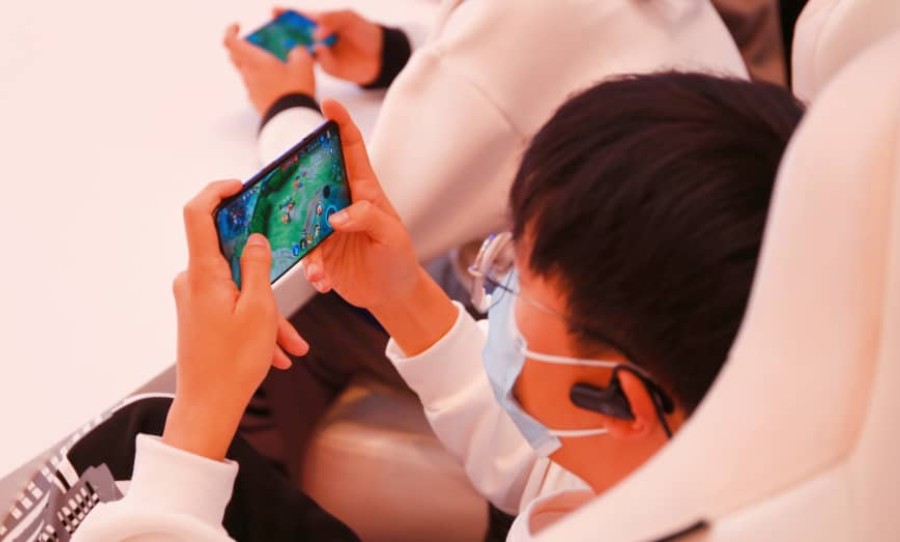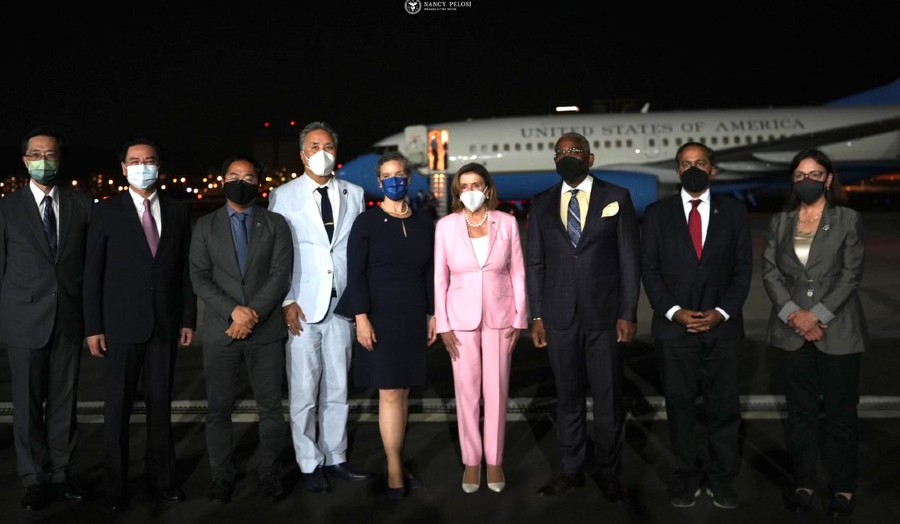With a system set to be unleashed in September, the Chinese government are taking a step further in their attempts to regulate the time children spend playing video games.
With a state-run authentication system that will require gamers to login using their real names, China is attempting to lessen the time children play video games, determining that the tighter regulations are necessary in order to protect the minors.

The Chinese government has invested in identity verification measures to regulate how kids play games, while some companies already use facial recognition.
In 2019, the State Administration of Press and Publications, who are responsible for regulating games, has limited anyone under eighteen to ninety minutes of game time on weekdays and three hours on holidays, as well as determining how much money minors can spend on games.
In order to determine how long the children are playing for and to enforce the rules, the players are required to use their real names that will be checked against ID numbers. Two of the largest gaming companies in China, NetEase and Tencent, have already begun introducing their own verification systems – in one Tencent game called Honour of Kings (known as Arena of Valor overseas), players are identified using facial recognition scans alongside their names and IDs.
Some amusing stories have come from this decision however as the multiple innovative ways the children are continuing to game are reported. Some are using fake IDs or going to smartphone arcades, with one child even impersonating his grandfather’s voice to attempt to trick customer service.
While China’s gaming industry doesn’t seem to have lost too much revenue with these changes thanks to the current global pandemic, the industry may feel this change soon, especially with many ‘unapproved’ games being removed from gaming sites and apps like the Apple store.
The verification system is planned for release in September.



